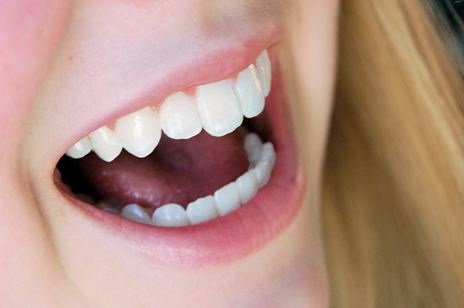Oral health is a key aspect of general well-being. Adult patients searching for practical ways to protect and maintain the health of their teeth and gums may turn to professional dental care. Understanding the role of a good dentist can support better decision-making and provide clarity on how to maintain optimal oral function throughout life.
What Is a Dentist?
A dentist is a healthcare professional who specializes in the diagnosis, prevention, and management of oral health concerns. Dentists complete education and training that focuses on both the anatomical structure and function of the mouth, teeth, and associated tissues. They routinely use a combination of technical skills, diagnostic tools, and knowledge to address issues affecting the teeth, gums, jaw, and oral cavity. Dentists also work closely with dental hygienists, dental assistants, and specialists to provide full-spectrum oral care.
What Services Do They Provide?
Dentists provide a wide range of services that extend beyond routine check-ups. These include diagnostic assessments, preventive measures, and restorative procedures intended to maintain or restore oral health. Common services include thorough examinations, professional cleaning, dental imaging (such as X-rays), fillings, and advice regarding oral hygiene practices. They may also offer guidance on diet and lifestyle practices relevant to oral health and refer patients to specialists when more advanced procedures are required.
What Conditions Do They Treat?
Dentists handle a wide range of oral health conditions, addressing common issues and detecting early signs of disease. They provide care for various problems that impact the teeth, gums, and overall oral health. Conditions that they may help manage include:
- Cavities
- Gum inflammation
- Tooth or gum sensitivity
- Oral infections and early signs of disease
- Dental abscesses
- Cracked or chipped teeth
- Chronic bad breath
Dentists may also support patients with:
- Chronic dry mouth
- Teeth grinding
- Minor jaw discomfort
How Can They Help Improve Your Oral Health?
Regular visits to a dentist support early detection and professional management of oral concerns. Dentists provide cleaning procedures that reduce the accumulation of plaque and tartar. They use diagnostic tools to identify early-stage concerns before they progress or become more complicated.
Dentists educate patients on brushing and flossing techniques. Their expertise also extends to nutritional guidelines and recommendations for oral hygiene products tailored to individual needs. Ongoing education provided by dentists can contribute to improved daily habits and reduced risk of oral health problems.
What Makes a Good Dentist?
A good dentist combines technical proficiency with a methodical and attentive approach to care. They maintain precision during procedures and use clear communication to explain diagnoses and treatment options in detail. Good dental care professionals are committed to maintaining patient comfort across all services.
Additional attributes include up-to-date knowledge on new materials, diagnostic techniques, and procedures. A good dental care professional invests in continuing education and uses evidence-based strategies to deliver optimal care. This combination of clinical skill and patient-centered communication forms the basis for quality dental experiences.
Better Manage Your Oral Health Today
Taking steps toward optimal oral health is an ongoing process. A good dentist plays a central role in supporting this process, offering guidance, preventive services, and tailored recommendations. Regular dental visits and informed daily practices can create a foundation for long-term oral well-being. Schedule an appointment with a qualified dentist to discuss strategies best suited to your oral health needs.
- mylovelyfurryfriend discover expert tips on dog health
- Infectious Diseases Updates – Stay Informed, Stay Protected!
- Wegovy For Weight Loss – A Breakthrough in Managing Obesity!
- Emergency Medicine Forum – A Hub for Fast-Paced Knowledge, Support & Updates!
- Pediatrics Discussions – Insights, Challenges, and Expert Advice for Better Child Health!





Leave a Reply